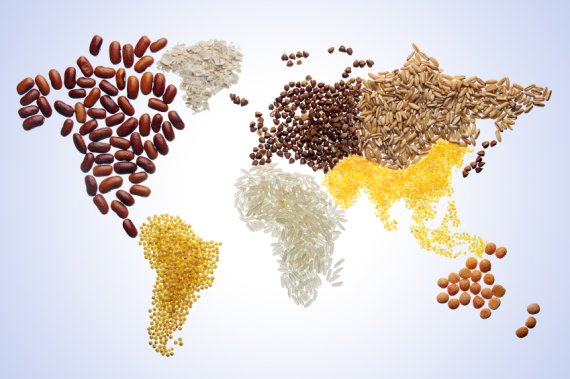He didn’t make much of an impression at the Dies Natalis, heldlast week in the Junushof theatre in honour of Wageningen University’s 95 th anniversary. His English was hard to follow and his voice was surprisingly monotonous for a Latino. I am talking about Graziano da Silva, director general of the world food organizations FAO. He signed an MoU with Wageningen UR, the contents and scope of which remained unclear. Nobody was talking about him afterwards. An unjustifiable lack of interest, as I discovered an hour before the event. Da Silva has a shining track record in the field of food security. He is the architect of the Fome Zero programme in Brazil. Under the Lulu government the Zero Hunger programme succeeded in getting between 20 and 28 million Brazilians (estimates vary) above the poverty line. In other words, thanks to his approach, one and a half times the population of the Netherlands had more than one dollar a day to spend. Unheard of. Host Martin Kropff might have mentioned it when introducing this top dog in the world of food security. It is also clear that Da Silva is not one to mince his words when it comes to a political analysis of poverty in Brazil. ‘Poverty is the result of a perverted economic system based on extremely low salaries, income concentration and unemployment,’ states the Fome Zero manifesto. The project therefore stimulates the supply of food by family farming companies as well as purchasing power among the poor who have been deprived of food. Small farmers have gained land rights in the wake of land reforms and families living below the poverty line have received income support and microcredits. The children received school meals, for which some of the ingredients had to be locally sourced. This created markets for local produce. It was a socialist and farmer-friendly development programme, and it worked. One might quibble about Da Silva’s record as extraordinary minister for food security but there is no denying his success in expanding his Zero Hunger programme over the whole continent, in his capacity as regional head of FAO in Latin America. In the summer of 2011 he became the FAO’s top man. Both Oxfam and the US welcomed his appointment because they considered him capable of reforming the fossilized food organization in Rome. These reforms, which experts such as Louise Fresco and Rudy Rabbinge have been demanding for years, open up opportunities for more collaboration on the part of Wageningen UR. Part of Da Silva’s message in Wageningen was that collaboration between government bodies, businesses, NGOs and knowledge institutions is absolutely essential to efforts to eradicate hunger and improve food quality. He argued for a new strategy in order to cope with the fast-changing eating habits in the world, involving more meat, sugar and fat. He also stated that governments and companies should invest more in sustainable agriculture, which should be embedded in a broader rural development policy. I mention this on the assumption that hardly anyone got the message.
Top Dog
Louise Fresco stole the show at the Dies Natalis on food security, but the honours should really go to the less riveting speaker from the FAO.

